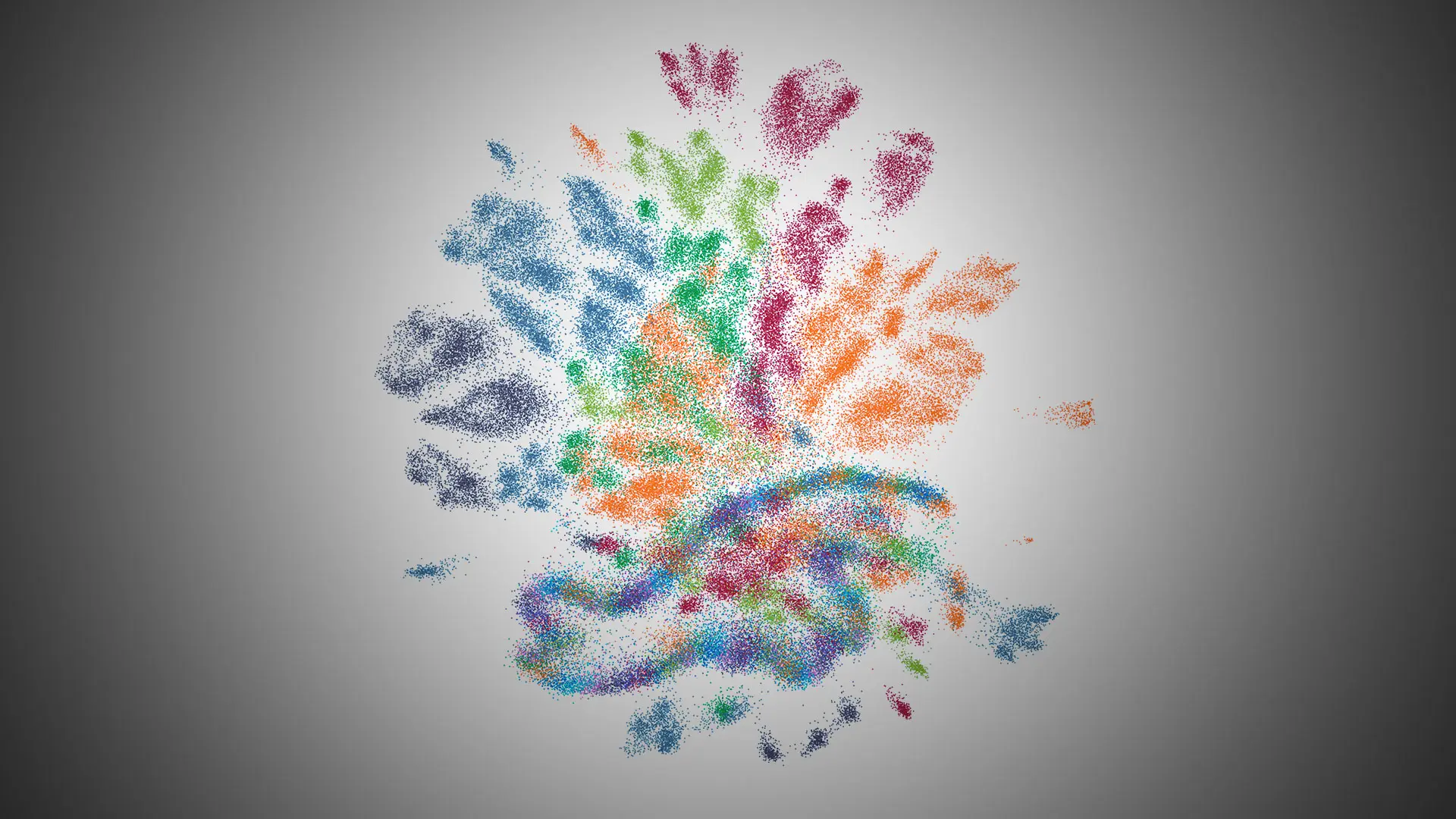In parallel, robust automated software packages have become available to “virtually” screen ultra-large chemical libraries, often containing tens of billions of imagined molecules, against drug targets. These in silico approaches promise to reduce the exorbitant costs and high failure rate of more traditional paths of central nervous system (CNS) drug discovery, including those relying on classical computer-aided drug discovery methods.
Using AI/ML to find more effective treatments…
…at unprecedented speed and accuracy.
This promise has been fully embraced by a growing number of pharma and biotech groups that are actively leveraging AI/ML to discover more effective treatments at unprecedented speed and accuracy. Among them is Google’s AI subsidiary DeepMind, whose demonstrated fast generation of molecular models of crystallographic quality by its AlphaFold program elicited significant excitement in the drug discovery world.
AI/ML-based technology can accelerate drug discovery at several stages by enabling fast target identification and characterization, creative de novo design, efficient novel lead discovery, or drug repurposing (a new use for existing drugs), and accurate predictions of pharmaceutically relevant properties (pharmacokinetics and toxicity, for example).
Although there are several examples of useful applications of AI/ML applications in drug discovery for CNS disorders, we have only just begun to understand the potential of these technologies for discovering effective new therapeutics. Most proposed drug candidates designed or identified with the help of AI/ML have yet to receive sufficient experimental validation to demonstrate their clinical effectiveness. This validation is necessary given the known limitations in applying AI/ML to CNS discovery.
These limitations include the paucity of available data or lack of high-quality data to train reproducible ML models, the lack of interpretability of results generated by advanced ML models, and the needed but highly challenging integration of data from a diverse range of public and proprietary sources, including publications, electronic clinical records, patents, various omics areas, and novel neuroimaging techniques.
SigCom-LINCS-UMAP-CD-CRISPR-cell: Normalized landmark LINCS L1000 CRISPR perturbations signatures visualized with UMAP, colored by cell type. From the resource SigCom LINCS Credit: Daniel J. B. Clarke, Avi Ma’ayan Lab, Mount Sinai Center for Bioinformatics
FBI scientists are leading research programs focused on the development and application of AI/ML technologies to accelerate novel drug discovery.
These include:
Bin Zhang, PhD, Director of the Mount Sinai Center for Transformative Disease Modeling, is heavily involved in the development of new algorithms that integrate chemical and multi-omics biological datasets to identify novel pathways, gene targets, and drugs for CNS diseases, such as Alzheimer’s disease and Parkinson’s disease.
Marta Filizola, PhD, Dean of the Graduate School of Biomedical Sciences, has applied AI/ML technology to data from molecular dynamics simulations to identify molecular determinants responsible for analgesic vs. adverse effects of opioid drugs as well as to predict drug residence times as better indicators of opioid drug efficacy in vivo.
Avi Ma’ayan, PhD, Director of the Mount Sinai Center for Bioinformatics, has developed several AI-based tools for drug discovery. He most recently applied ML to predict new targets for different categories of pain, which might be exploited for the development of safer and more effective analgesics.
Avner Schlessinger, PhD, Associate Director of the Mount Sinai Center for Therapeutics Discovery, has recently applied ML algorithms for accurate and efficient early detection of autism spectrum disorders in large populations of children.
These are just a few examples of AI/ML-driven research activities currently underway in FBI laboratories. Their ultimate goal is to fill current gaps in knowledge of CNS diseases and enable more sophisticated predictions that rapidly translate into clinical practice.
